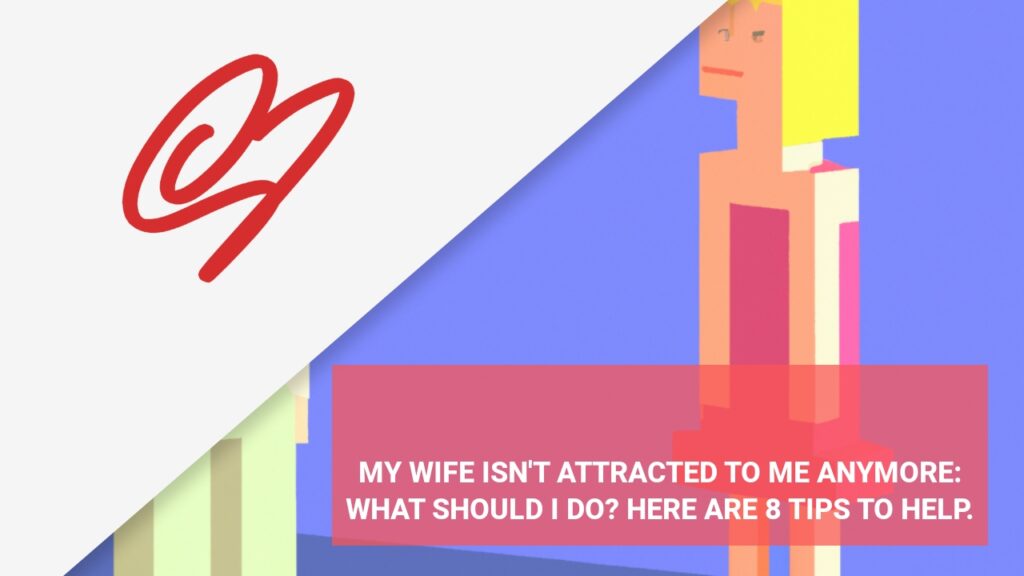Love is a Two-Way Street
Love is a two-way street, and if you’re in a relationship where you feel like you are the only one expressing your feelings, it can be a difficult and discouraging place to be. When it comes to someone not saying "I love you" first, there are a few possibilities. While it may be difficult to hear or accept, your partner may not love you. Or, they may not be comfortable expressing their feelings. Regardless of the reason, it can be hard to deal with the fact that your partner is not saying those three little words.
The best way to address this situation is to first understand why your partner may not be verbalizing their feelings. It’s possible that they don’t feel the same way about you, or that they have difficulty expressing their emotions. If this is the case, it’s important to have an open and honest conversation about it. Furthermore, it’s important to remember that it’s not all about expressing love verbally. Actions speak louder than words, and if your partner is showing their love for you in other ways, remember to appreciate those gestures.
If the issue is that your partner is simply not comfortable expressing their emotions, it is important to be patient and understanding. You can try to create a safe space to talk openly and honestly about feelings – if they’re not comfortable saying "I love you" first, it’s worth talking about why and seeing if there’s a way to ease them into expressing their emotions in a way that feels comfortable.
It can also be helpful to remember that words are not the only way to show your love. If your partner is not comfortable saying "I love you" out loud, there are still plenty of other ways to express your feelings. Showing them physical affection, spending quality time together, engaging in meaningful activities, and giving them small gifts can all be ways to demonstrate your love.
Above all, it’s important to respect each other’s boundaries and be open to compromise. If your partner is not comfortable saying "I love you" first, you can both work together to find a way to express your feelings in a way that feels safe and comfortable.
Find the Courage to Say It First
If you are in a relationship where you are the one expressing your feelings and your partner isn’t, it can be difficult to know where to go next. It takes a lot of courage to say "I love you" first, but there are some steps you can take to make it easier.
First, it can be helpful to take time to process your own feelings. Make sure you are feeling secure and confident in the relationship before making a big declaration. If you need to, talk to a close friend or a therapist about how you’re feeling and what you want to do.
Once you are ready to say those three little words, it can be helpful to do it in a safe and comfortable setting. Pick a time and place where you know you won’t be interrupted, so that you can have an uninterrupted conversation. It can also be helpful to pick a time when your partner is in a good mood, so that they are more likely to be receptive to your feelings.
When it comes time to actually say "I love you," it’s important to be honest and authentic. Be clear about your feelings and explain why you are saying it. Remember that the most important thing is that you’re taking a risk and expressing how you feel.
Finally, it’s important to be prepared for any outcome. If your partner isn’t ready to say it back, that doesn’t necessarily mean they don’t love you. They may just need some more time to process their feelings. Regardless of what happens, it’s important to remember that you are taking a brave step in showing your love.
Conclusion
Saying "I love you" first can be a difficult thing to do, especially if you’re in a relationship where your partner isn’t verbalizing their feelings. It’s important to remember that love is a two-way street, and that words aren’t the only way to express your feelings. If your partner is not ready to verbalize their feelings, it’s important to be patient and understanding, and to try to create a safe space for both of you to talk about your emotions. If you’re ready to say "I love you," it’s important to be honest, authentic, and prepared for any outcome.
FAQs
Q. How do I know if my partner doesn’t love me?
A. It’s important to talk openly and honestly with your partner to understand how they feel. If your partner isn’t expressing their feelings verbally, take note of their actions; if they are showing love for you in other ways, then it’s possible that they do love you.
Q. How can I make it easier to say "I love you" first?
A. It’s important to take some time to process your own feelings, and make sure that you are feeling confident and secure in the relationship. When you’re ready, pick a safe and comfortable setting to have an uninterrupted conversation, and be honest and authentic when expressing your feelings.
Q. What should I do if my partner isn’t ready to say it back?
A. If your partner isn’t ready to say "I love you" back, it doesn’t necessarily mean they don’t love you. Everyone has different timelines when it comes to expressing their emotions, so it’s important to be patient and understanding of your partner’s feelings.

